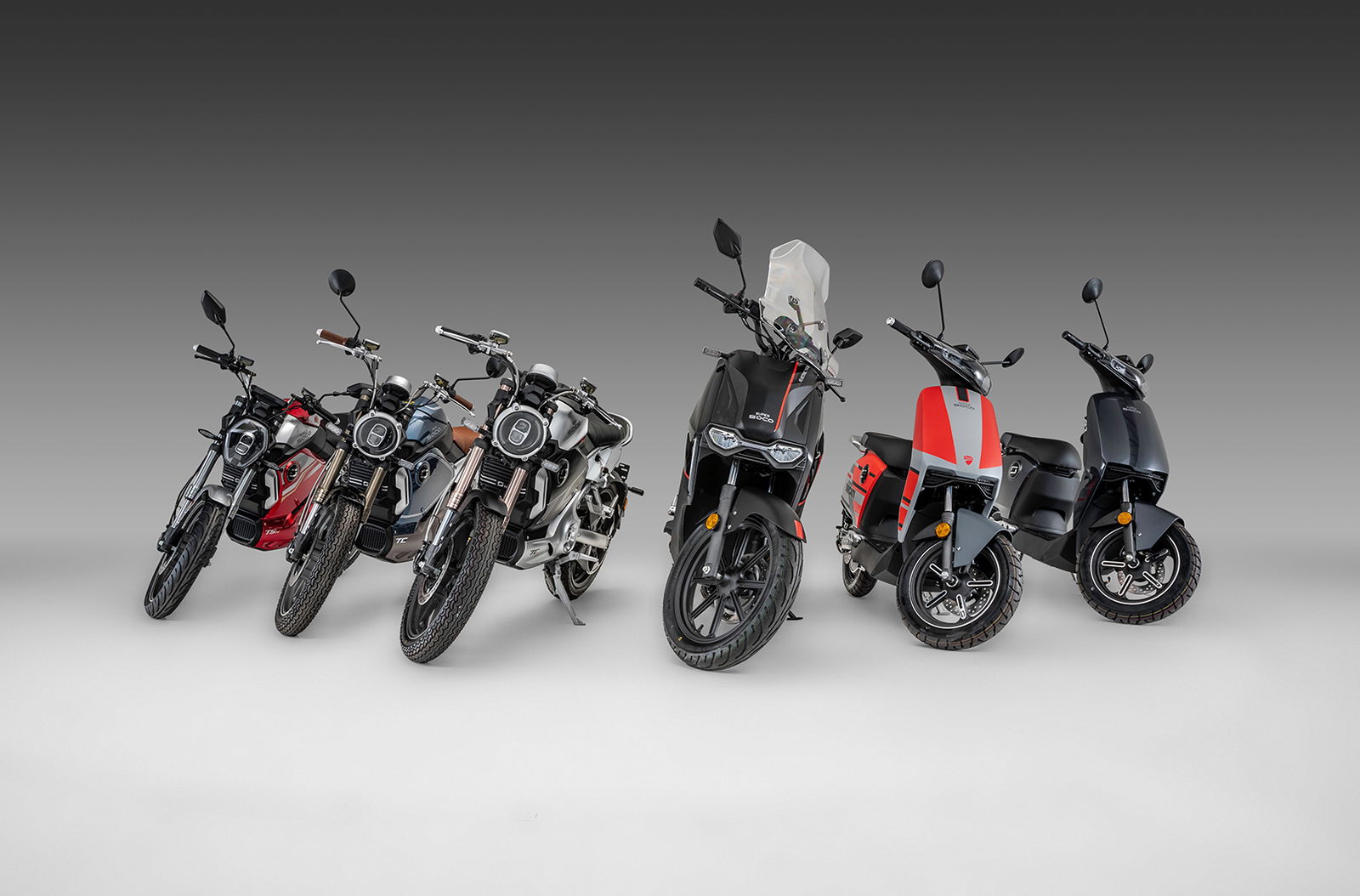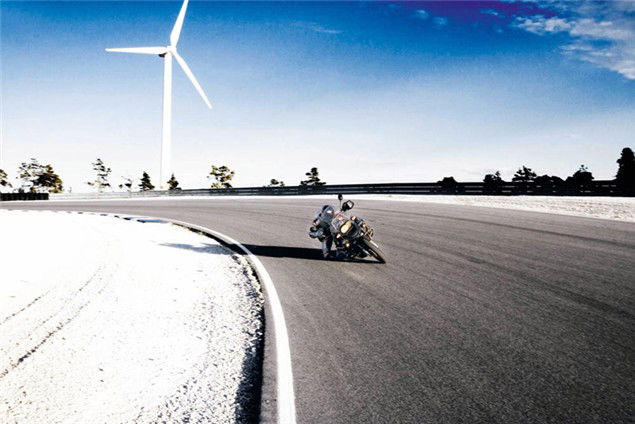FEMA survey finds motorcyclists most thoughtful commuters
A survey by the motorcycle organisation FEMA has found that motorcyclists are most considerate commuters

A public survey from the Federation of European Motorcyclists’ Associations (FEMA) has found that motorcyclists make the most considerate commuters, and is calling on governments and employers to do more to promote motorcycling.
The survey, which collated data from 1,941 riders from across Europe, concluded that people who commute by motorcycle will generally do so if and when the conditions to do so are right. It also found that bikers will, if certain conditions such as weather or lack of secure parking arose, look to other means of transport instead of taking two wheels.
The most common reason for taking a motorcycle to work, above any other means, was purely and simply because it is a pleasant way to travel, with the next most popular answer being because it enabled the rider to circumnavigate congestion and traffic.
.jpg?width=1600)
While there isn’t much we can do with regards to bad weather preventing people commuting by motorcycle, the other top two reasons for not taking the bike, no safe storage for the bike and the rider’s kit and clothing and it being inconvenient due clothing and helmet, can. A few more motorcycle parking bays (and the correct level of permanent security within them) are a fairly quick, cheap and easy fix for employers. Likewise, some lockers for kit and clothing are easy to install, and FEMA is touting the benefits of biking to work as incentives for the employer.
Having circumnavigated much of the traffic, bikers will arrive at their place of work more punctually, and generally (if my morning commute is anything to go by) in a better frame of mind than if they had been stuck in traffic in a car for most of the morning.
Aside from the practical benefits of riding a motorcycle, FEMA also highlights the financial rewards from taking the bike over the car. It cites a study by Oxford Economic, that shows petrol prices for bikes being on average nearly three times lower than that of those solely using a car - €545 for riders and €1,435 for drivers.
It also points out how much better a bike is for the environment than its four-wheeled counterpart. On average bikes emit 99g CO2/km, compared to the 210g CO2/km released by four-wheelers. Moreover, those who ride a sub-250cc bike (around 62 percent of Europe’s riders) produce just 62g CO2/km on average.
With such plain and simple data showing the vast number of benefits of taking two wheels over four, it does make you wonder why governments and employers are not doing more to promote the world of motorcycling more to their citizens and employees. With two of the main blockers to commuting by bike looking like fairly easy fixes, it really shouldn't take much to boost the number of PTWs on the road, save public money, reduce congestion and help the environment.
Key take aways from FEMA motorcyclists survey
|
Honda XL750 Transalp 2023 Review


